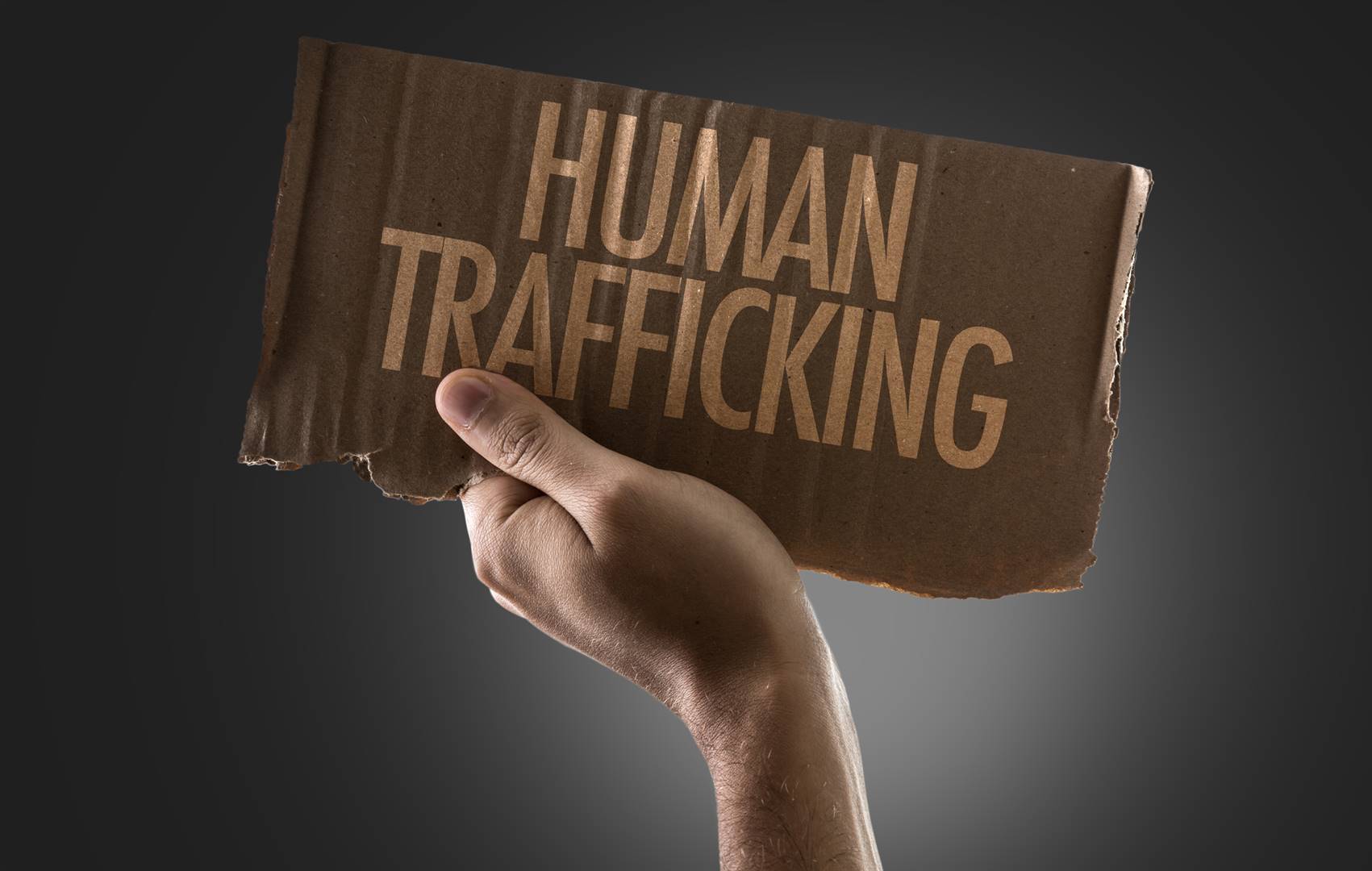
Four years after the Prevention and Combatting of Trafficking Act came into force, what do we know?
In looking at trafficking in South Africa since our legislation was passed, one is easily left with more questions than answers.
In 2013, South African passed the Prevention and Combatting of Trafficking Act (Act 7 of 2013).
The Act provides a broad definition of trafficking that applies to anyone who delivers, recruits, transports, transfers, harbours, sells, exchanges, leases or receives another person within or across the borders of the country using threats, fraud, deception, abduction, kidnapping and the abuse of power amongst other means.
It also applies to anyone who adopts a child (whether illegally or legally), or concludes a forced marriage, for the purposes of exploitation.
Our definition thus goes beyond the global definition, and trafficking in persons is punishable by life imprisonment.
Despite being passed in 2013, the Act only came into effect on Women’s Day in 2015 and aims to prevent trafficking as well as to protect and render services to the victims of this crime in South Africa.
Given the nature of trafficking, this obviously requires various government department to work together.
The National Policy Framework, which seeks to identify how these prevention and response services can be coordinated and aligned effectively, was only published in 2019.
On paper then, South Africa seems to be concerned about trafficking. Global sources would suggest that this is a correct position to occupy.
South Africa is widely reported as a “primary destination” for trafficked persons in the Southern African region, and as an origin and transit country for trafficking around the world.
Yet, trying to measure the state of trafficking in South Africa is very difficult.
According to the minister of justice and correctional services response to a parliamentary question in February 2018, there have been just 46 cases of trafficking in South African courts since the law came into force.
According to the United States Department of State 2018 Trafficking report, which came out in June last year, South Africa investigated 82 potential trafficking cases, and prosecuted 23 potential traffickers.
That report indicates that 8 traffickers were prosecuted, only two of which were under the Trafficking Act.
So, even our statistics don’t provide us with a clear picture of how common trafficking in persons is, or the form it takes.
During the financial year, 2019/20 the Commission for Gender Equality has been involved in investigative hearings into the state of shelters in South Africa.
Our investigation has involved hearings with relevant provincial and national government departments.
As part of our country’s legal response the government is supposed to designate certain shelters as suitable for victims of trafficking before a victim of trafficking can be accommodated there.
Yet, even the definition of a shelter in the trafficking national policy framework is vague and overly broad.
It defines a shelter as: “Premises where trafficked persons are hosted during the first and long-term assistance, including the social and labour inclusion period. Shelters may be open or with restricted freedom of movement justifiable with reference to the risk assessment; offer short- or long-term stay; provide round-the clock, part-time or no in-house assistance.”
Later, it defines temporary safe care as “the care of an adult person suspected of being a victim of trafficking in a shelter, private home or any other place approved by the director-general of the department of social development where that person can be accommodated safely pending the placement of that person in an accredited organisation”.
The regulations in terms of the act provide a number of norms and standards that must be fulfilled by a non-profit organisation in order to provide shelter and support to victims of trafficking, in addition to those norms and standards fulfilled by ordinary shelter.
Despite all this regulatory fuss, since 2015 the social development department has only managed to officially register 13 shelters as suitable for victims of trafficking.
However, during our hearings on shelters in the first week of December the Commission for Gender Equality heard from departments and the National Shelter Movement that there are still times when trafficking victims are sent to a shelter, whether it is registered and ready to support them or not.
Given that the department’s financial allocations to the state are paltry compared to the needs of the shelters, and that these contributions vary from one shelter to the next, it seems doubtful whether existing shelters for victims of domestic abuse or violence would have spare room and money available for this additional task.
This is especially the case for victims of trafficking who are children, have a disability, or are LGBTIQ, because few of the provincial departments of social development were able to satisfy the commission that they provide effectively for these vulnerable groups.
We are entering a time where even more promises are being made to end gender-based violence and to respond appropriately where it happens.
Looking at our response to preventing and combating trafficking, and the uncertainty around the extent thereof, I think this is yet another area where the states are over promising and under delivering.
• Jennifer Smout is the commissioner at the Commission for Gender Equality




 Publications
Publications
 Partners
Partners








